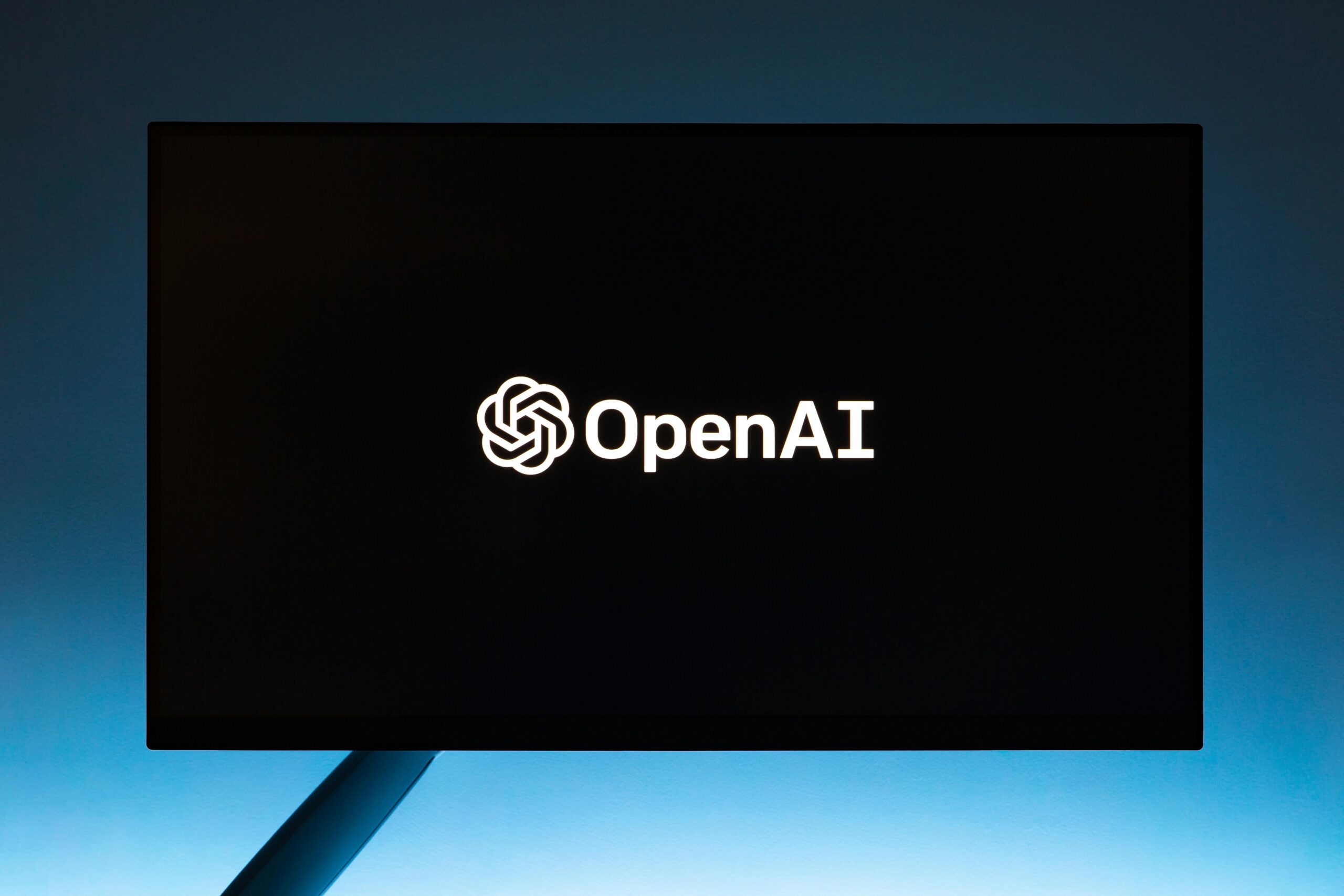Top 20 AI Startups to Watch in 2025
Artificial Intelligence is no longer a futuristic concept—it’s the reality shaping industries, businesses, and our daily lives. As we step into 2025, AI startups are emerging faster than ever, disrupting sectors from healthcare and finance to education and creative arts.
In this article, we’ll explore the Top 20 AI Startups to Watch in 2025, their innovative products, and why they’re poised to dominate the AI scene this year. Whether you’re an investor, a tech enthusiast, or just curious about the future of AI, this list will keep you ahead of the curve.
1. Anthropic
Founded by former OpenAI employees, Anthropic focuses on creating AI systems that are safe, interpretable, and steerable. Their flagship AI assistant, Claude, is gaining popularity for enterprise use due to its ability to handle complex reasoning tasks without hallucinations. In 2025, Anthropic is expected to expand Claude’s multilingual capabilities and enterprise integrations.
2. Inflection AI
Creators of the conversational AI Pi, Inflection AI is carving out a niche in personal AI assistants. Pi is designed to be empathetic, helpful, and emotionally intelligent—bridging the gap between human connection and machine efficiency. In 2025, expect Pi to integrate with more productivity tools, making it a go-to for personal and professional use.
3. Perplexity AI
Perplexity AI offers a search engine powered by AI, delivering conversational, accurate, and cited responses. It’s becoming a strong alternative to traditional search engines by combining real-time data retrieval with deep AI reasoning. This year, Perplexity is working on premium features aimed at researchers, journalists, and content creators.
4. Synthesia
Known for AI-generated videos, Synthesia enables users to create professional videos without cameras, actors, or studios. In 2025, they’re expanding their avatar realism, multi-language lip-sync, and integration with learning platforms—perfect for e-learning, marketing, and internal training.
5. Mistral AI
Based in Europe, Mistral AI is building open-weight large language models with a focus on transparency and accessibility. Their models have already attracted developers looking for high-performance alternatives to closed systems. Expect major updates in 2025 to challenge OpenAI and Google.
6. Runway
Runway is leading the AI video creation space, enabling filmmakers, marketers, and creatives to generate high-quality video content using text prompts. Their Gen-2 model is already a game-changer, and in 2025, they’re set to push real-time video generation capabilities.
7. Character.AI
Character.AI allows users to create and interact with AI-powered virtual personalities—from fictional characters to historical figures. This platform is booming among younger audiences and creative professionals. In 2025, they aim to enhance personalization and cross-platform integration.
8. Adept AI
Adept is building AI agents that can use software tools just like humans do—clicking, typing, and automating workflows. Their flagship model, ACT-1, is trained to perform tasks across multiple web apps, potentially revolutionizing how we work with software in 2025.
9. ElevenLabs
Specializing in AI voice synthesis, ElevenLabs offers ultra-realistic text-to-speech in multiple languages. From audiobook narration to video game characters, their tech is in high demand. In 2025, they’re rolling out instant voice cloning with enhanced emotion control.
10. Cohere
Cohere provides AI models for enterprise applications, particularly in search, summarization, and multilingual understanding. Their Retrieval-Augmented Generation (RAG) tech is making corporate data queries faster and more accurate—an essential tool for global businesses in 2025.
11. Jasper
Once known solely for AI copywriting, Jasper has evolved into a full-scale AI marketing platform. With campaign planning, content creation, and analytics all powered by AI, Jasper is set to become a must-have tool for marketing teams this year.
12. Replit
Replit’s Ghostwriter AI is helping developers code faster, debug instantly, and even learn new programming languages on the fly. In 2025, Replit is moving toward AI-powered app creation—allowing users to go from idea to deployed app in hours.
13. Writer
Writer is an AI writing assistant for enterprises, focusing on brand consistency, compliance, and team collaboration. Unlike generic tools, Writer allows organizations to train AI on their brand voice. Expect deeper integrations with corporate systems in 2025.
14. Stability AI
Creators of Stable Diffusion, Stability AI has made AI image generation open-source and widely accessible. In 2025, they’re focusing on video and 3D model generation, opening new possibilities for gaming, advertising, and design.
15. Hugging Face
Hugging Face is the GitHub for AI models, enabling developers to share, test, and collaborate on machine learning projects. In 2025, they’re expanding cloud-based model deployment, making it even easier to build AI-powered applications.
16. DeepMind (Isomorphic Labs)
While DeepMind is well-known for AI research, their new spin-off, Isomorphic Labs, is using AI to revolutionize drug discovery. With pharmaceutical breakthroughs expected this year, they’re one of the most impactful AI-driven health startups to watch.
17. Glean
Glean is a workplace AI search engine that connects all your internal documents, emails, and chat history, making finding information effortless. In 2025, Glean is adding AI summarization and workflow automation to become an all-in-one knowledge hub.
18. Tome
Tome is an AI-powered presentation creator that turns text prompts into beautiful, interactive slides. With better design automation and integration with analytics tools in 2025, it’s perfect for business pitches and educational content.
19. Typeface
Typeface uses AI to generate brand-specific content for marketing teams. From personalized social media campaigns to AI-generated product photos, Typeface is helping brands scale creativity in 2025.
20. You.com
You.com combines search, chat, and AI tools in one platform, making it a versatile alternative to traditional search engines. With more AI-powered plugins coming in 2025, it’s becoming the Swiss Army knife of the internet.
Final Thoughts
The AI boom of 2025 is not just about big tech giants—it’s about innovative startups that are solving real-world problems in smarter, faster ways. Whether it’s AI for video creation, enterprise search, healthcare, or marketing, these 20 startups are shaping the next wave of AI evolution.
If you’re a creator, developer, investor, or AI enthusiast, keeping an eye on these companies could give you the competitive edge you need.
FAQs – Top 20 AI Startups to Watch in 2025
1. What makes an AI startup worth watching in 2025?
AI startups worth following in 2025 are those introducing groundbreaking technologies, offering scalable solutions, and attracting strong investment. These companies often focus on real-world problem-solving in industries like healthcare, finance, logistics, and creative tools.
2. Which industries are AI startups disrupting the most in 2025?
In 2025, AI startups are making the biggest impact in healthcare, cybersecurity, education, eCommerce, finance, and entertainment. Many are also leveraging generative AI for design, content creation, and automation.
3. Are AI startups a good investment in 2025?
Yes, many AI startups have high growth potential, but investments should be made after thorough market research. Look for companies with unique intellectual property, a skilled team, and proven traction in their market.
4. What trends are shaping AI startups this year?
Some major trends include multi-agent AI systems, AI-driven personalization, low-code/no-code AI development platforms, AI-powered cybersecurity, and ethical AI frameworks to ensure transparency and fairness.
5. How do AI startups compete with big tech companies?
AI startups often succeed by focusing on niche markets, innovating faster, and offering personalized solutions. While big tech has more resources, startups are more agile and can adapt quickly to emerging needs.
6. Can AI startups operate without huge funding?
Yes, thanks to cloud-based AI platforms, open-source tools, and affordable computing power, many AI startups operate on lean budgets while still delivering impactful solutions.
7. How do I keep track of promising AI startups?
You can follow AI-focused publications, startup accelerator announcements, tech conference updates, and investment reports from firms like Andreessen Horowitz, Sequoia Capital, and Y Combinator.




